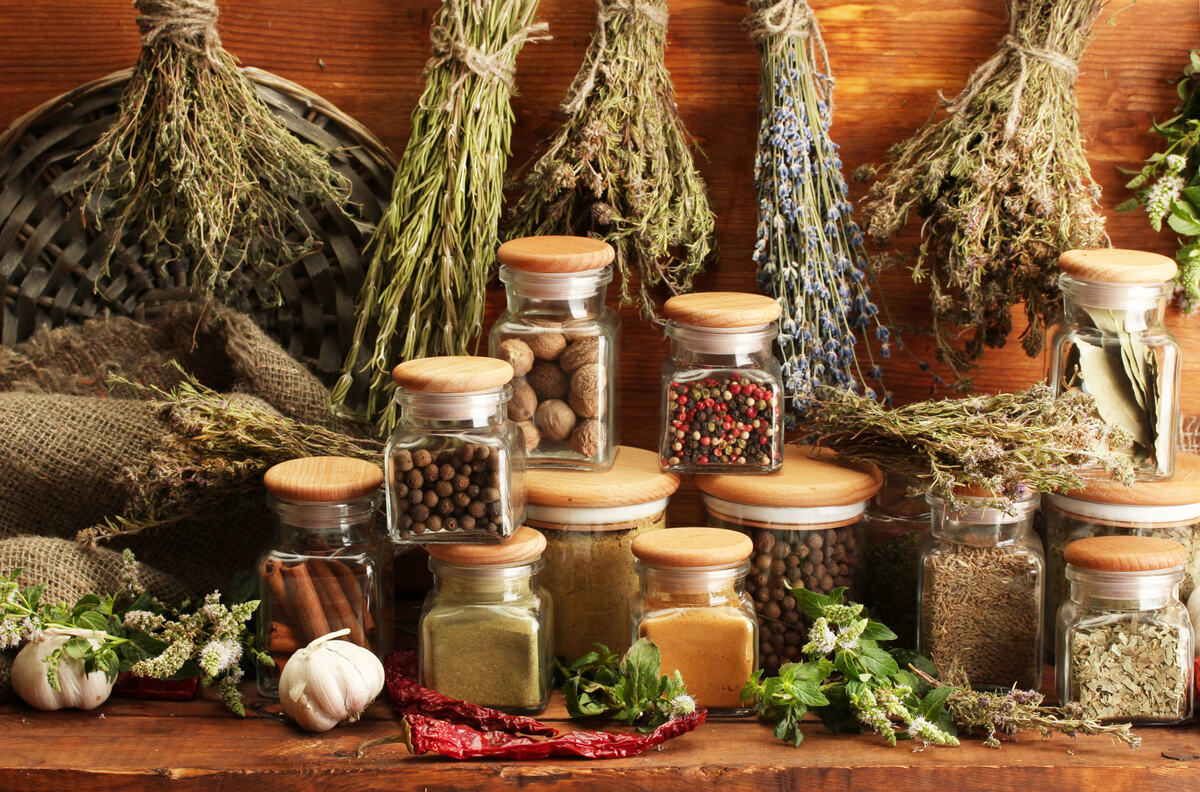

Articles
How To Store Dried Herbs
Modified: December 7, 2023
Learn effective methods for storing dried herbs in this comprehensive article. Discover tips and tricks to keep your herbs fresh and flavorful for extended periods.
(Many of the links in this article redirect to a specific reviewed product. Your purchase of these products through affiliate links helps to generate commission for Storables.com, at no extra cost. Learn more)
Introduction
When it comes to using herbs in cooking or for medicinal purposes, having a collection of dried herbs is incredibly convenient. Not only do dried herbs last longer than their fresh counterparts, but they also retain much of their flavor and aromatic qualities. However, to truly reap the benefits of dried herbs, proper storage is essential.
In this article, we will delve into the world of storing dried herbs and explore the best practices to ensure their longevity and potency. Whether you’re an avid cook, an herbal enthusiast, or simply want to preserve the natural goodness of your dried herbs, this guide will provide you with all the information you need to store them properly.
We will uncover the benefits of storing dried herbs, guide you in choosing the right containers, teach you how to create the ideal storage environment, and share tips for handling, labeling, and organizing your herb collection. Additionally, we’ll discuss common mistakes to avoid and offer some tips for extending the shelf life of your dried herbs. So, let’s dive in and discover how to store dried herbs like a pro!
Key Takeaways:
- Properly storing dried herbs ensures extended freshness, flavor, and potency, enhancing culinary creations and herbal remedies. Choose the right containers, create ideal storage environments, and avoid common mistakes for optimal herb preservation.
- Enjoy the convenience and cost-effectiveness of dried herbs with proper storage techniques. Retain flavor, aroma, and nutrients by selecting the right containers, creating ideal storage environments, and avoiding common mistakes.
Read more: How To Store Dry Herbs
Benefits of Storing Dried Herbs
Storing dried herbs properly brings numerous benefits, ensuring that you can enjoy their flavor, aroma, and health benefits for an extended period of time. Here are some key advantages of storing dried herbs:
- Longer Shelf Life: Unlike fresh herbs, dried herbs have a significantly longer shelf life. When stored correctly, dried herbs can retain their potency for up to a year or even longer, allowing you to have a readily available supply of herbs all year round.
- Retains Flavor and Aroma: Properly stored dried herbs can retain much of their original flavor and aroma. This means that even after months of storage, your herbs will still have the same aromatic qualities that can elevate the taste of your dishes or enhance their medicinal properties.
- Convenient and Accessible: Having a collection of dried herbs on hand is incredibly convenient. You don’t need to worry about herbs wilting or spoiling quickly, and you can easily access them whenever you need to add flavor to your culinary creations or create herbal remedies.
- Cost-effective: Buying or harvesting fresh herbs can sometimes be expensive, especially if you’re looking for rare or exotic varieties. By drying and storing your own herbs, you can save money in the long run and have a cost-effective solution for adding flavor and nutritional value to your meals.
- Preserves Nutrients: Contrary to popular belief, dried herbs can retain many of their essential nutrients. When stored properly, dried herbs can retain their vitamins, minerals, and antioxidants, ensuring that you can still benefit from their health-boosting properties even after an extended period of time.
By understanding and utilizing the benefits of storing dried herbs, you can enhance your culinary endeavors, have a well-stocked herb collection, and enjoy the natural goodness of herbs throughout the year.
Choosing the Right Container
When it comes to storing dried herbs, choosing the right container is crucial to maintain their quality and potency. Here are some factors to consider when selecting a container:
- Airtight: The container should be airtight to prevent moisture, light, and air from degrading the herbs. Moisture can cause herbs to mold or spoil, while exposure to light and air can lead to the loss of flavor, aroma, and potency.
- Opaque: Opt for an opaque container to protect the herbs from light. Sunlight and artificial light can break down the herb’s essential oils, leading to a loss of flavor and potency.
- Non-reactive: Choose a container made of non-reactive material such as glass, ceramic, or stainless steel. Some herbs, especially those with high acidity, can react with certain materials, altering their flavor and potentially affecting their quality.
- Durable: Make sure the container is durable and able to withstand long-term storage. Avoid containers that are prone to breakage or easily damaged, as this could compromise the quality of the herbs.
- Size: Consider the size of the container in relation to the amount of herbs you plan to store. It’s best to choose a container that can accommodate the herbs while minimizing excess air space, as this can accelerate the deterioration process.
Common container options for storing dried herbs include glass jars with airtight lids, metal tins, or ceramic containers with a rubber seal. Mason jars are a popular choice as they are readily available, affordable, and offer airtight storage.
Before transferring your dried herbs into the chosen container, ensure that it is clean, dry, and free from any residual odors that could affect the flavor of the herbs. Additionally, consider labeling the container with the herb name and the date of storage for easy identification.
By selecting the right container for your dried herbs, you can effectively protect their quality, flavor, and potency, ensuring that they stay fresh and ready for use whenever you need them.
Creating the Ideal Storage Environment
Creating the ideal storage environment for your dried herbs is essential to preserve their quality, flavor, and potency. Here are some key factors to consider:
- Cool and Dark: Store your dried herbs in a cool, dark place away from direct sunlight and heat sources. Exposure to light and heat can degrade the herbs, causing them to lose their flavor and beneficial compounds. A pantry, cupboard, or drawer in the kitchen is often a suitable location.
- Low Humidity: Moisture is the enemy of dried herbs. Choose a storage spot that has low humidity levels to prevent the herbs from becoming damp or moldy. Avoid storing them near the stove, sink, or any areas prone to moisture build-up.
- Stable Temperature: Fluctuating temperatures can affect the quality of dried herbs. Aim for a storage spot with a stable temperature to keep the herbs in optimal condition. Extreme temperature changes can lead to condensation and potential spoilage of the herbs.
- Avoid Air Exposure: Minimize air exposure to prevent oxidation and maintain the flavor and potency of the herbs. Ensure that the containers are tightly sealed and avoid repeatedly opening them unless necessary.
- Absence of Strong Odors: Keep your dried herbs away from strong-smelling substances or spices, as herbs tend to absorb odors easily. This can result in a loss of the herb’s original aroma and flavor.
- Proper Ventilation: While you want to avoid excessive air exposure, it’s also important to ensure proper ventilation within the storage environment. This helps prevent moisture build-up and prevents the herbs from becoming stale.
Consider using additional measures to maintain the ideal storage environment. For example, you can place a desiccant packet or a small piece of food-grade silica gel in the container with the herbs to absorb any excess moisture and keep them dry.
Regularly check the storage area and containers for any signs of mold, moisture, or insects. If you notice any issues, immediately discard the affected herbs and thoroughly clean the containers before transferring fresh herbs.
By creating an ideal storage environment for your dried herbs, you can ensure that they retain their flavor, aroma, and potency for an extended period, allowing you to enjoy their benefits whenever you need them in your culinary or medicinal endeavors.
Proper Handling and Preparation of Dried Herbs
Proper handling and preparation of dried herbs are essential to maintain their quality and ensure the best results when using them in your culinary creations or herbal remedies. Here are some important considerations:
- Clean and Inspect: Before using your dried herbs, it’s important to inspect them for any signs of mold, discoloration, or pests. Remove any debris or damaged portions and give them a gentle cleaning if necessary.
- Grinding or Crushing: Whole dried herbs can have a longer shelf life than finely ground ones, so it’s often best to grind or crush them right before use. Use a mortar and pestle or a spice grinder to achieve the desired consistency. Freshly ground or crushed herbs release more flavor and aroma than pre-ground ones.
- Measuring: When using dried herbs in recipes, it’s important to properly measure them to ensure the right balance of flavors. Use a digital scale, measuring spoons, or your culinary judgement for accurate measurements.
- Rehydration: Some dried herbs may benefit from rehydration before use, especially if they will be added to dishes with longer cooking times. Place the herbs in a bowl of warm water for a few minutes to rehydrate them before incorporating them into your recipe.
- Ingredient Compatibility: Consider the compatibility of dried herbs with other ingredients in your recipe. Some herbs may have stronger flavors and may need to be used sparingly or paired with complementary ingredients to achieve a well-balanced dish.
- Experimentation and Adjustments: Dried herbs can vary in potency, so it’s important to taste and adjust the quantities as needed. Start with smaller amounts, taste the dish, and gradually add more if desired. Remember, it’s easier to add additional herbs than to remove an overpowering flavor.
Additionally, it’s worth noting that dried herbs are best added to dishes during the cooking process to allow their flavors to infuse. However, some delicate herbs with more volatile flavor compounds, such as basil or cilantro, are best added towards the end of the cooking process to preserve their freshness and vibrancy.
By carefully handling and preparing your dried herbs, you can maximize their flavor and ensure the best results in your culinary creations or herbal remedies. Enjoy the versatility and convenience of dried herbs in your kitchen!
Store dried herbs in airtight containers away from heat and light to maintain their flavor and potency. Label containers with the herb name and date of purchase.
Read more: How To Store Dried Medicinal Herbs
Labeling and Organizing Your Herb Collection
Labeling and organizing your herb collection is essential for easy identification and efficient usage. Proper organization can save you time and ensure that you can quickly locate the desired herb when needed. Here are some tips for labeling and organizing your herb collection:
- Clear Labels: Use clear and legible labels to identify each herb. Include the herb name and the date of storage to track their freshness. You can use adhesive labels, masking tape, or even small chalkboard labels for a more rustic touch.
- Categorization: Organize your herbs into categories based on their culinary or medicinal uses, such as cooking herbs, herbal teas, or medicinal herbs. This makes it easier to find the specific herb you need for a particular purpose.
- Alphabetical Order: Arrange your herbs alphabetically within each category. This allows for easy browsing and locating herbs by name, especially when you have a larger collection.
- Storage Containers: Choose consistent storage containers for your herbs to maintain a clean and organized appearance. Mason jars or small air-tight containers work well for this purpose.
- Shelf or Drawer Organization: Allocate a specific area in your pantry, kitchen cabinet, or drawer dedicated to your herb collection. Use shelves, racks, or dividers to create separate sections for each category, ensuring that herbs are easily accessible.
- Visibility: Consider using transparent storage containers or displaying your herbs on open shelving to make them visible at all times. This not only adds a decorative element to your kitchen but also reminds you to use your herbs frequently.
- Storage Location: Store your organized herb collection in a cool, dark, and dry area. Avoid storing herbs near the stove or in direct sunlight as exposure to heat and light can degrade their quality over time.
Regularly revisit and declutter your herb collection to ensure that you use the herbs before they lose their potency. Rotate older herbs to the front and place fresh additions towards the back to ensure they get used in a timely manner.
By labeling and organizing your herb collection, you can take full advantage of the convenience and efficiency of having a well-kept herb inventory. Enjoy the ease of locating and using your herbs to enhance your culinary creations and herbal remedies.
Tips for Extending the Shelf Life of Dried Herbs
Proper storage is key to extending the shelf life of dried herbs, ensuring that they maintain their flavor, aroma, and potency for as long as possible. Here are some useful tips to help you make the most out of your dried herb collection:
- Quality Dried Herbs: Start with high-quality dried herbs. Choose herbs that are fresh, properly dried, and free from moisture or contaminants. This initial step sets a solid foundation for extended shelf life.
- Properly Seal Containers: Ensure that your storage containers are tightly sealed to prevent air, moisture, and light from compromising the herbs. Airtight glass jars, metal tins with tight-fitting lids, or vacuum-sealed bags are excellent options.
- Store in a Cool and Dark Place: Find a cool and dark spot to store your dried herbs. Heat and sunlight can accelerate the deterioration process, leading to loss of flavor and potency. Avoid storing them near the stove or in areas exposed to direct sunlight.
- Avoid Excessive Handling: Minimize unnecessary handling of dried herbs, as constant exposure to air and moisture can cause them to degrade more quickly. Only open containers when necessary and handle herbs with clean, dry hands.
- Keep Moisture Out: Moisture is the enemy of dried herbs. Ensure that both the herbs themselves and the storage containers are completely dry before sealing them. Moisture can lead to mold or spoilage, significantly reducing their shelf life.
- Keep Away from Heat: Keep your dried herbs away from heat sources such as stoves, ovens, or microwaves. The heat can cause herbs to lose their essential oils and flavors more rapidly, making them less potent.
- Avoid Grinding in Advance: Grind or crush dried herbs as close to the time of use as possible. Whole herbs have a longer shelf life than pre-ground ones. Grinding just before use helps preserve the flavors and aromas until the last moment.
- Regularly Rotate Stock: To ensure you’re using the freshest herbs, regularly rotate your stock. Move older herbs to the front and place newly acquired ones at the back. This practice helps prevent herbs from sitting unused for too long.
- Keep Herbs Whole: Consider keeping some herbs in their whole form until ready to use. Crushing or grinding herbs exposes more surface area to oxidation, moisture, and air, which can accelerate the deterioration process.
- Regularly Inspect and Discard: Regularly inspect your dried herbs for any signs of mold, discoloration, or loss of aroma. If you notice any compromised herbs, discard them immediately to avoid contaminating the rest of your collection.
- Consider Freezing: If you have an abundance of dried herbs or want to preserve their freshness for an extended period, consider freezing them. Place the herbs in an airtight container or freezer bag and store them in the freezer for several months.
By following these tips, you can significantly extend the shelf life of your dried herbs, ensuring that they remain flavorful and aromatic for a longer period. Enjoy the benefits of having a well-preserved herb collection that adds a sublime touch to your culinary creations and herbal remedies.
Common Mistakes to Avoid
When it comes to storing dried herbs, there are some common mistakes that can compromise their quality and longevity. By being aware of these mistakes, you can prevent them and prolong the shelf life of your precious herb collection. Here are some common mistakes to avoid:
- Exposure to Light: One of the biggest mistakes is exposing dried herbs to light. Light can break down the essential oils in herbs, leading to a loss of flavor and potency. Always store your herbs in opaque containers or in a dark place to protect them from light exposure.
- Improper Sealing: Another common mistake is not properly sealing the containers. Air is detrimental to the quality of dried herbs, causing them to degrade more quickly. Ensure that your storage containers are airtight to prevent air from entering and spoiling the herbs.
- Storing Near Heat Sources: Placing your dried herbs near heat sources, such as stoves or ovens, is a mistake to avoid. Heat can accelerate the deterioration process and reduce the flavor and potency of the herbs. Find a cool and dry spot away from any direct heat sources for optimal storage.
- Mixing Different Herbs: Avoid storing different herbs together in the same container unless you plan on using them in combination. Each herb has its own distinct flavor and aroma, and storing them together can cause the flavors to mingle and overpower each other. Each herb should have its own dedicated container.
- Not Labeling or Mislabeling: Neglecting to label your herb containers or mislabeling them can lead to confusion and the misuse of herbs. Always label each container with the correct herb name and the date of storage to keep track of their freshness and prevent mix-ups.
- Using Damaged or Contaminated Herbs: It’s important to inspect your dried herbs before storage and usage. Using herbs that are moldy, discolored, or contaminated can not only compromise the flavor but also pose health risks. Discard any herbs that show signs of damage or contamination.
- Not Rotating Stock: Failing to rotate your stock is another mistake to avoid. Herbs have a limited shelf life, and if you don’t use them regularly, they can lose their potency over time. Make sure to rotate your dried herbs, using the older ones first to ensure freshness and maximize their flavor.
- Not Properly Drying Herbs: When drying fresh herbs yourself, it’s important to do it properly. Insufficient drying can lead to moisture retention, causing the herbs to become moldy. Follow proper drying techniques to ensure the herbs are completely dry before storage.
- Not Using the Right Container: Using improper storage containers is a mistake that can affect the quality of dried herbs. Containers that are not airtight or made of reactive materials can expose the herbs to air, moisture, and contaminants. Choose the right containers, such as glass jars or metal tins, to maintain the freshness of the herbs.
- Not Reaping the Full Benefits of Dried Herbs: Finally, a common mistake is not fully utilizing the benefits of dried herbs. Make sure to incorporate your dried herbs into your culinary dishes, herbal teas, or natural remedies to reap their full flavor and health-boosting properties.
By avoiding these common mistakes, you can ensure that your dried herbs stay fresh, flavorful, and potent for a longer period. Enjoy the full benefits of your herb collection and elevate your culinary creations or holistic wellness practices.
Conclusion
Properly storing dried herbs is essential to preserve their flavor, aroma, and potency for extended periods. By following the guidelines and tips outlined in this article, you can ensure that your herb collection remains fresh, vibrant, and ready to enhance your culinary creations or herbal remedies.
We explored the benefits of storing dried herbs, such as their longer shelf life, retained flavor and aroma, convenience, cost-effectiveness, and nutrient preservation. Choosing the right container, such as an airtight and opaque option, is crucial to maintain the quality of your herbs. Additionally, creating the ideal storage environment by keeping herbs in a cool, dark, and low-humidity space, away from excessive air exposure and strong odors, is key.
Proper handling and preparation of dried herbs involve inspecting, grinding or crushing, measuring, rehydrating when necessary, and understanding ingredient compatibility. Organization and labeling of your herb collection will ensure easy access and usage, allowing you to find the right herb quickly. Avoiding common mistakes like exposure to light, improper sealing, storing near heat sources, and mislabeling is crucial to extend the shelf life of your dried herbs.
By implementing these practices and avoiding mistakes, you can enjoy the benefits of dried herbs for an extended period. Their unique flavors, aromas, and health-boosting properties can elevate your culinary endeavors and add an extra touch to your well-being.
So, take the time to properly store, handle, and utilize your dried herbs. With the knowledge and techniques shared in this article, you can make the most out of your herb collection and embark on a flavorful and aromatic journey in your kitchen or your herbal medicine cabinet.
Frequently Asked Questions about How To Store Dried Herbs
Was this page helpful?
At Storables.com, we guarantee accurate and reliable information. Our content, validated by Expert Board Contributors, is crafted following stringent Editorial Policies. We're committed to providing you with well-researched, expert-backed insights for all your informational needs.
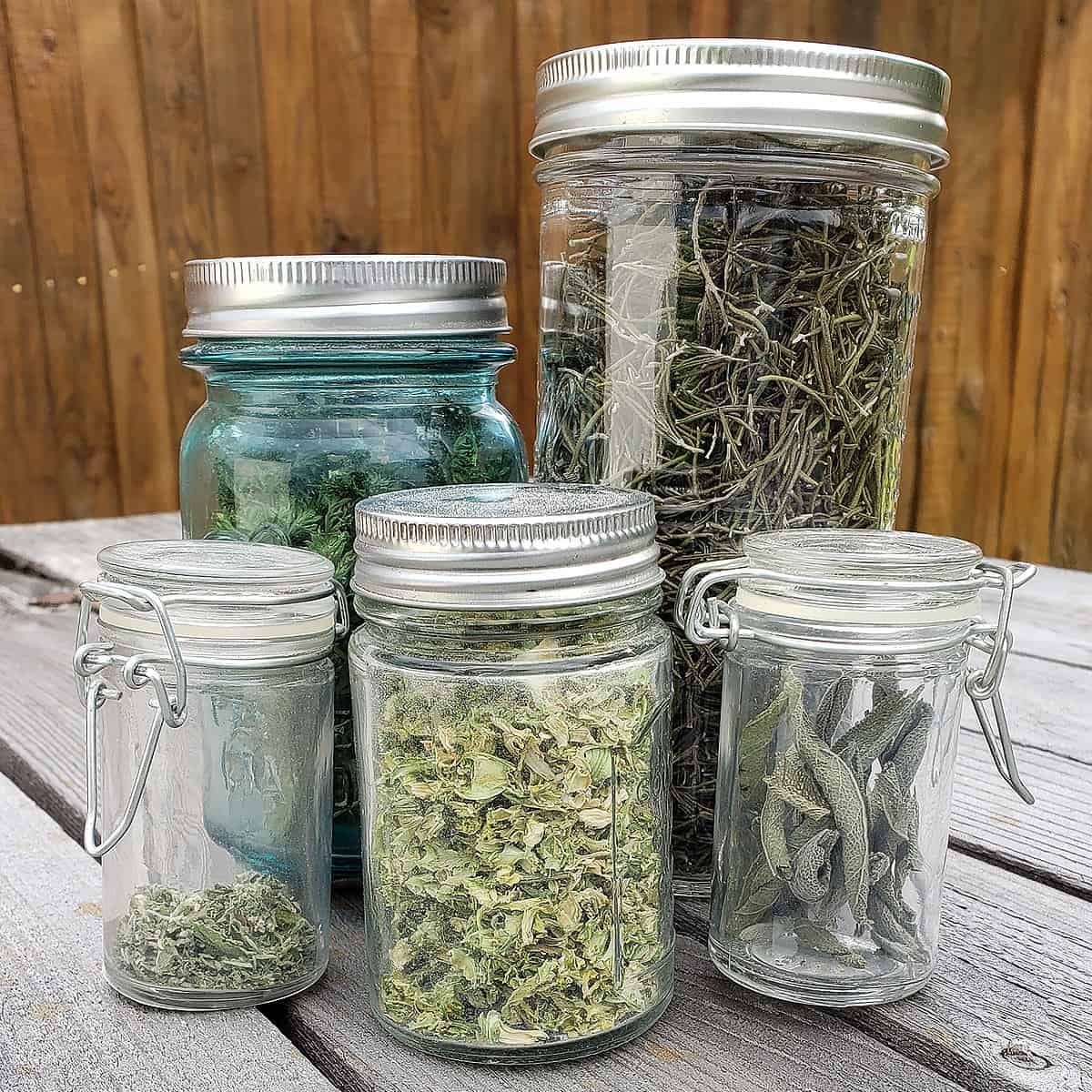
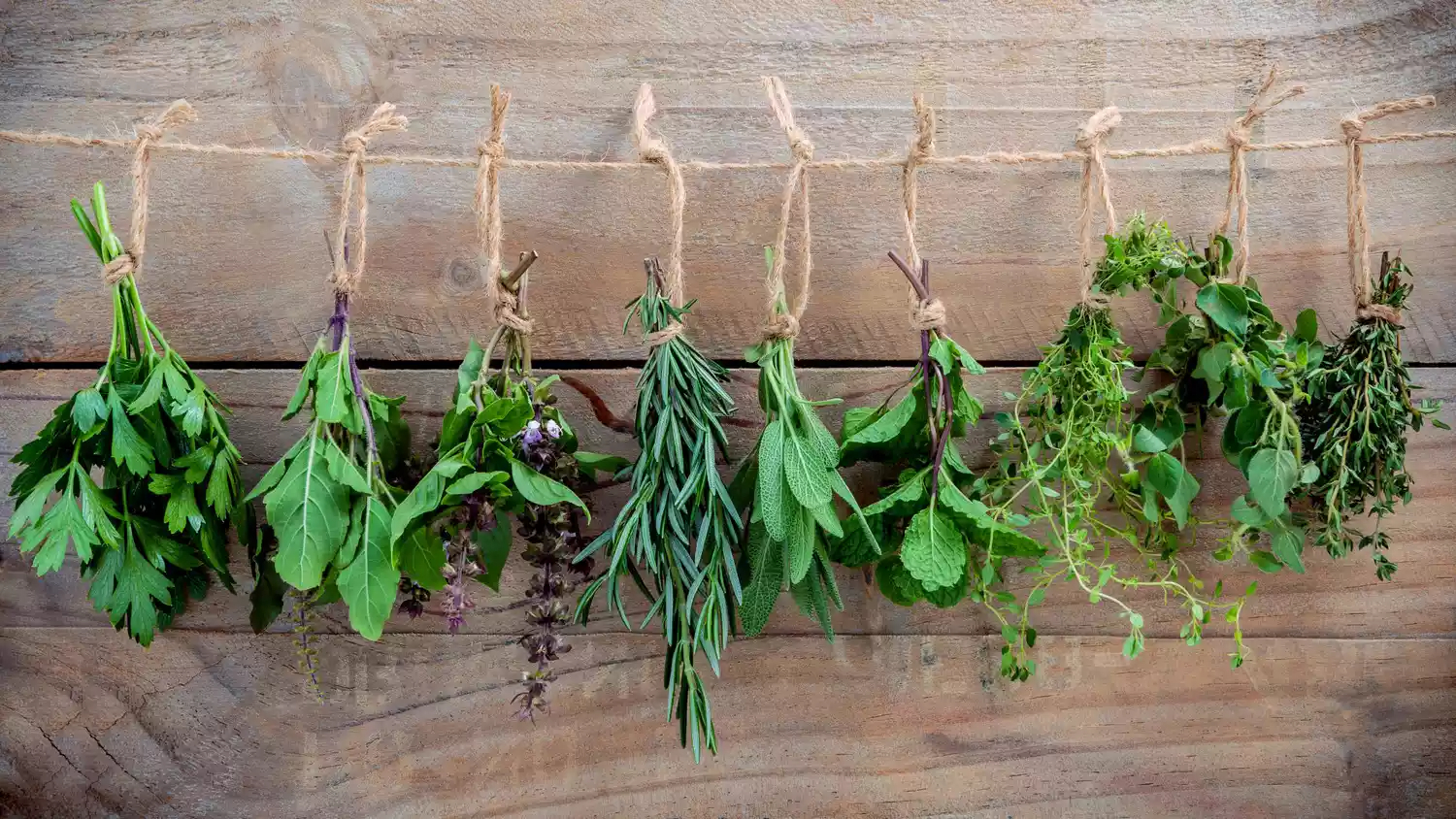
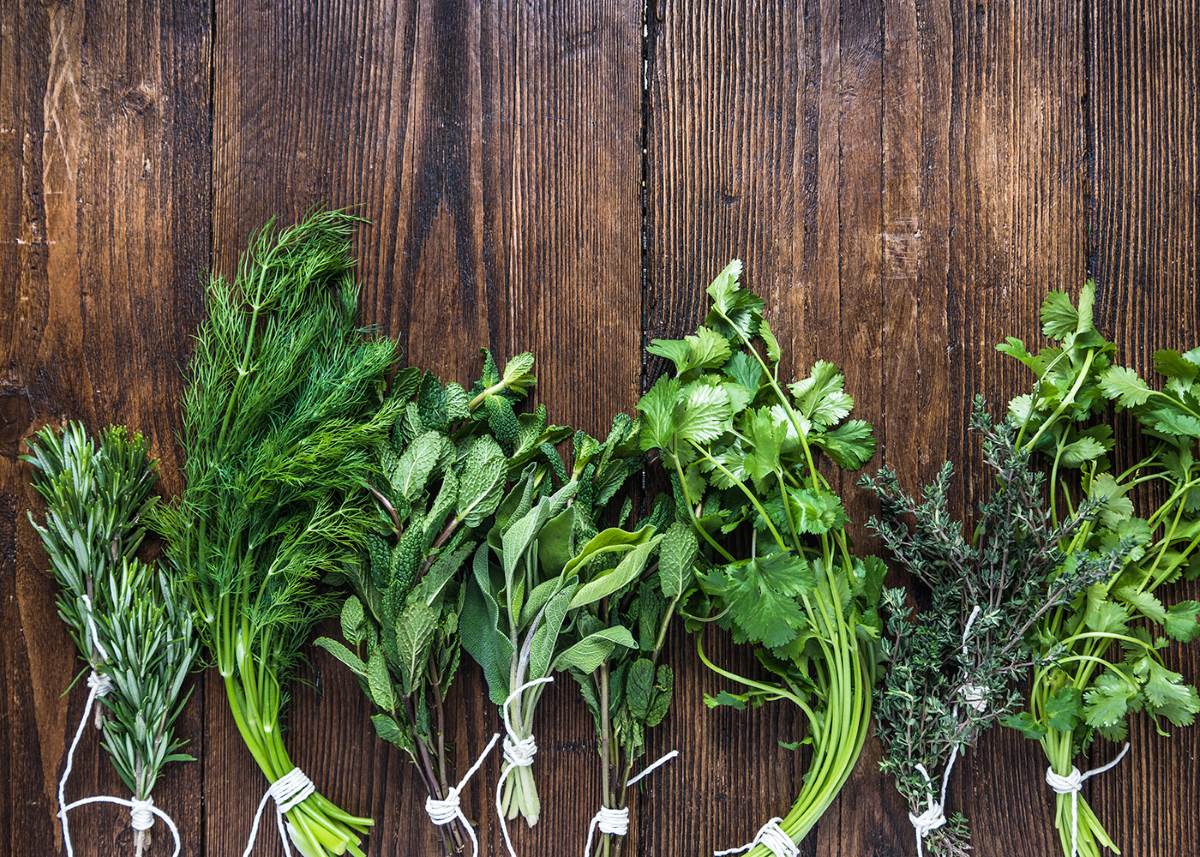
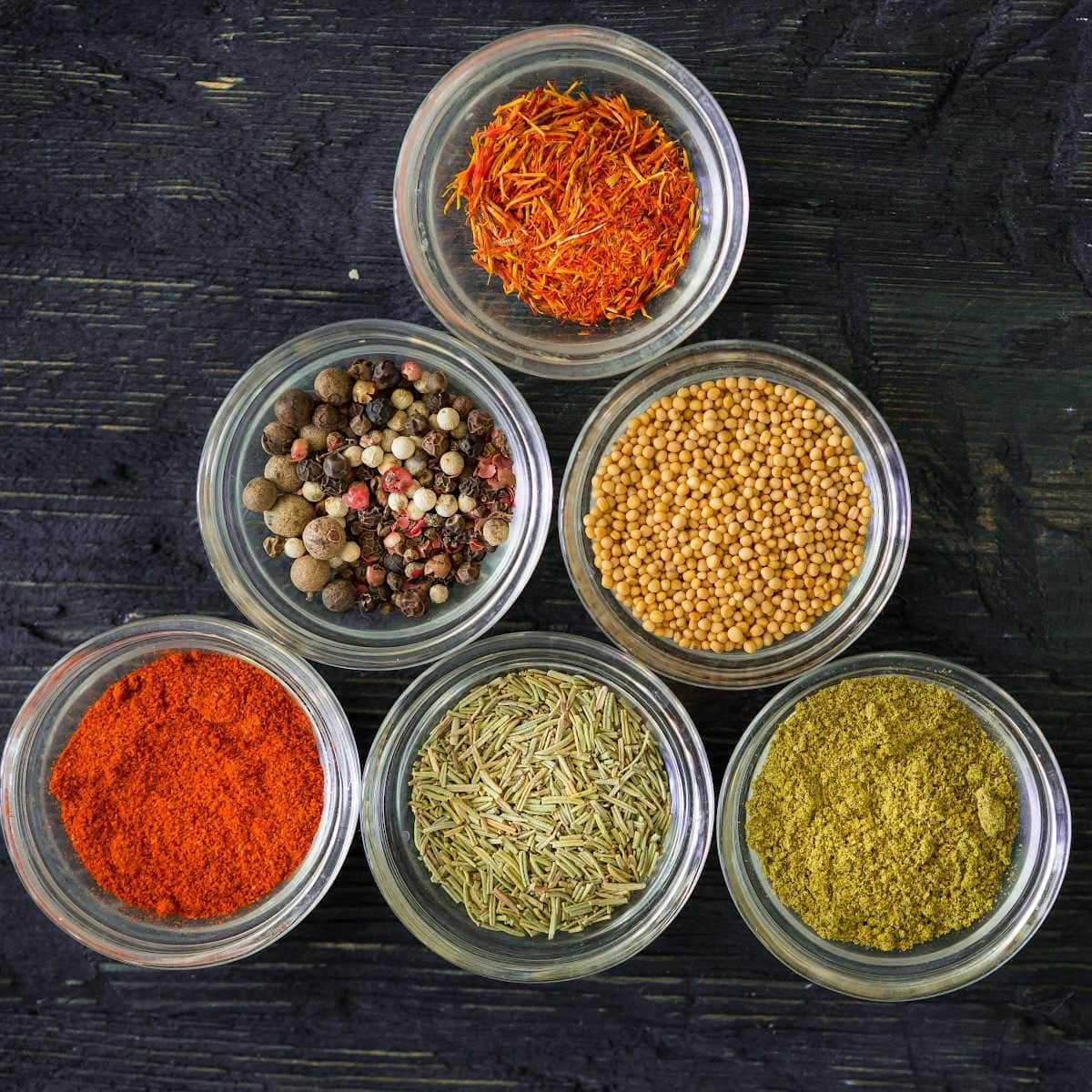
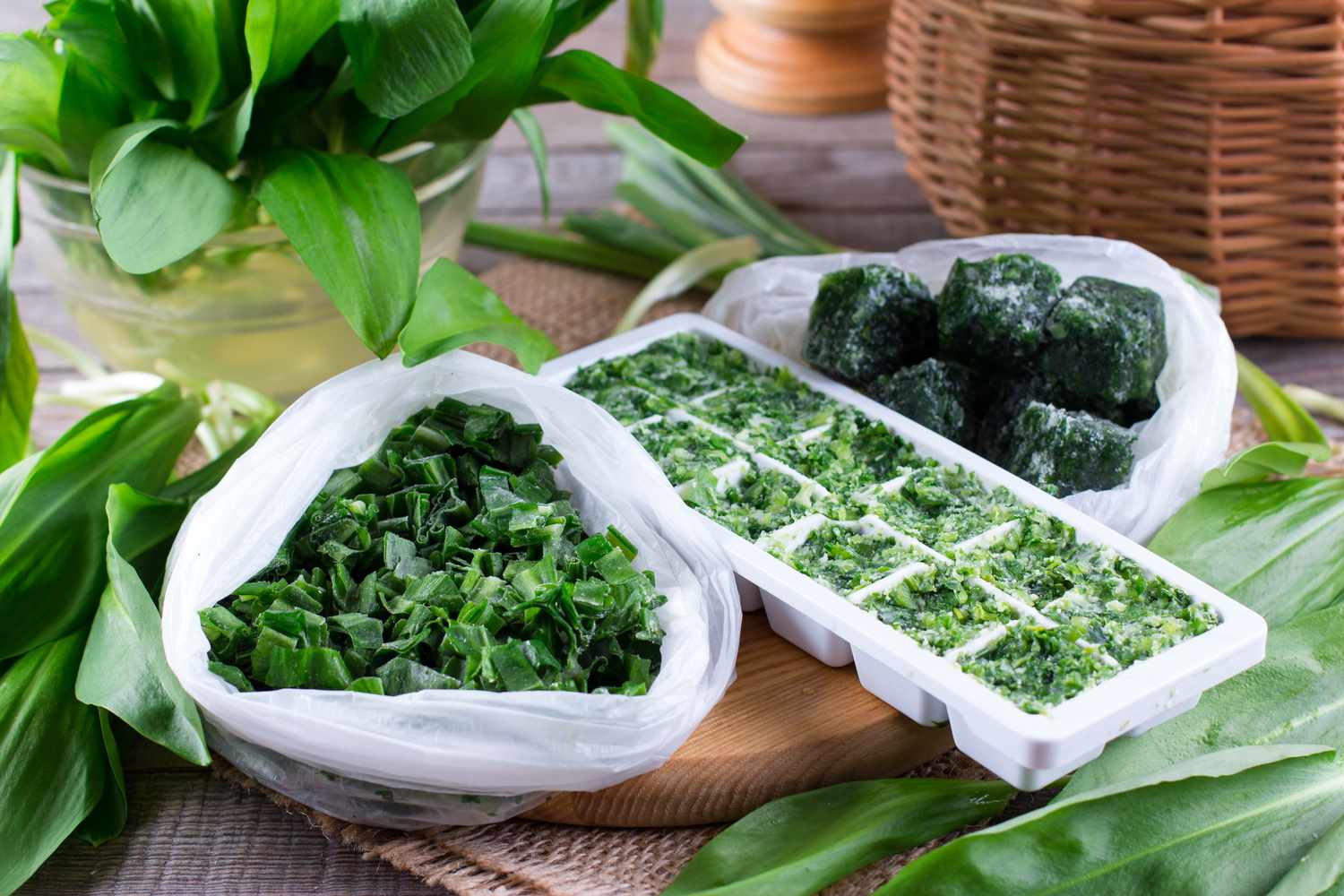
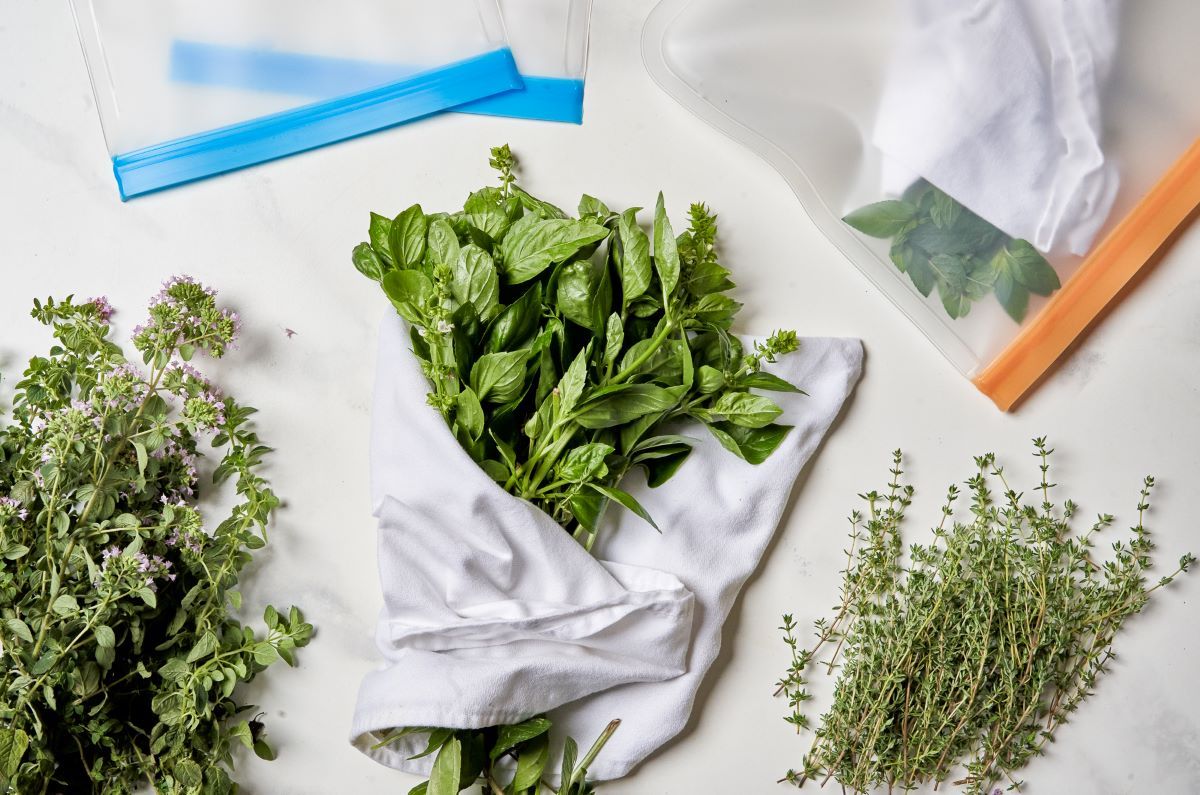
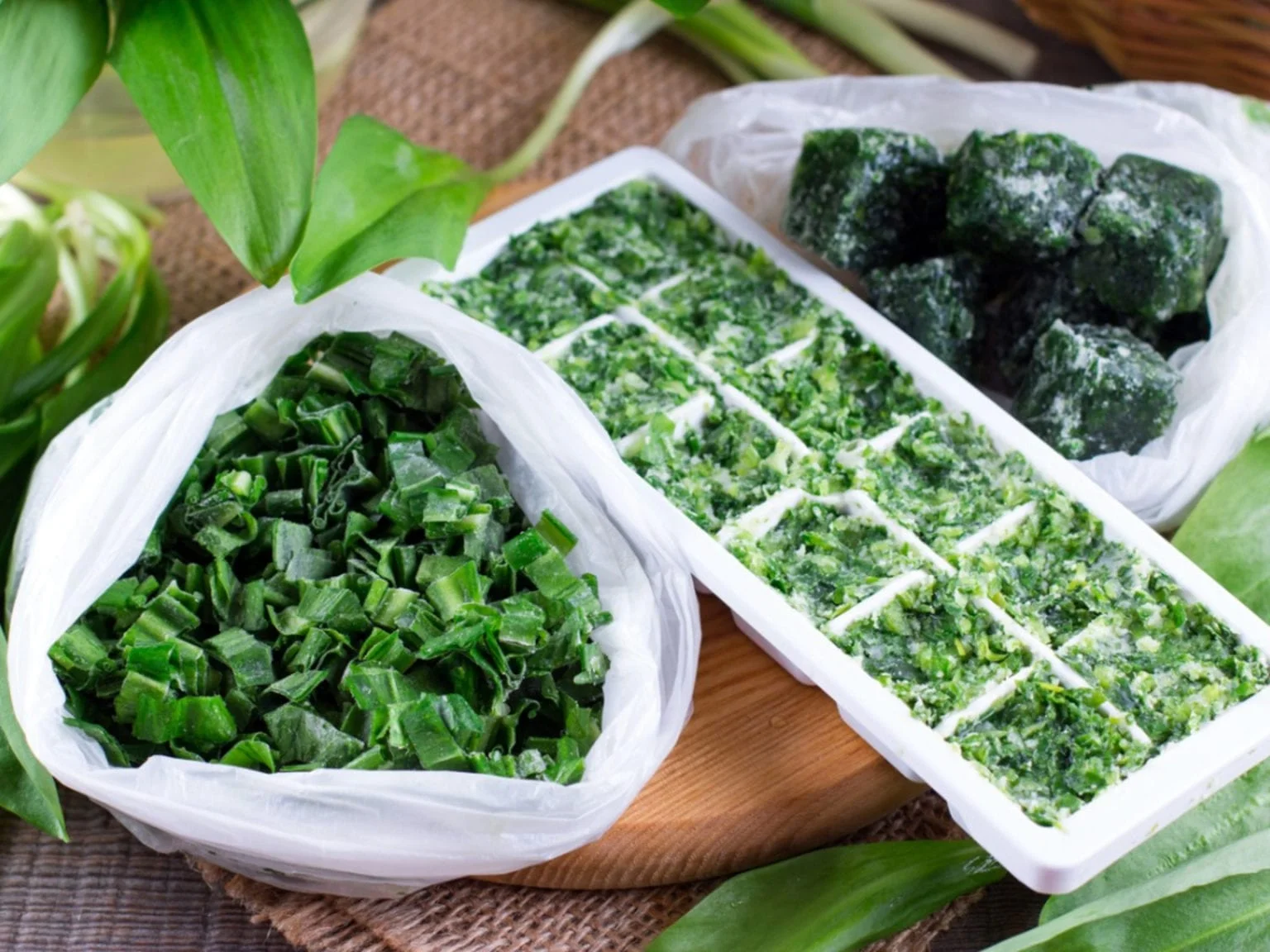
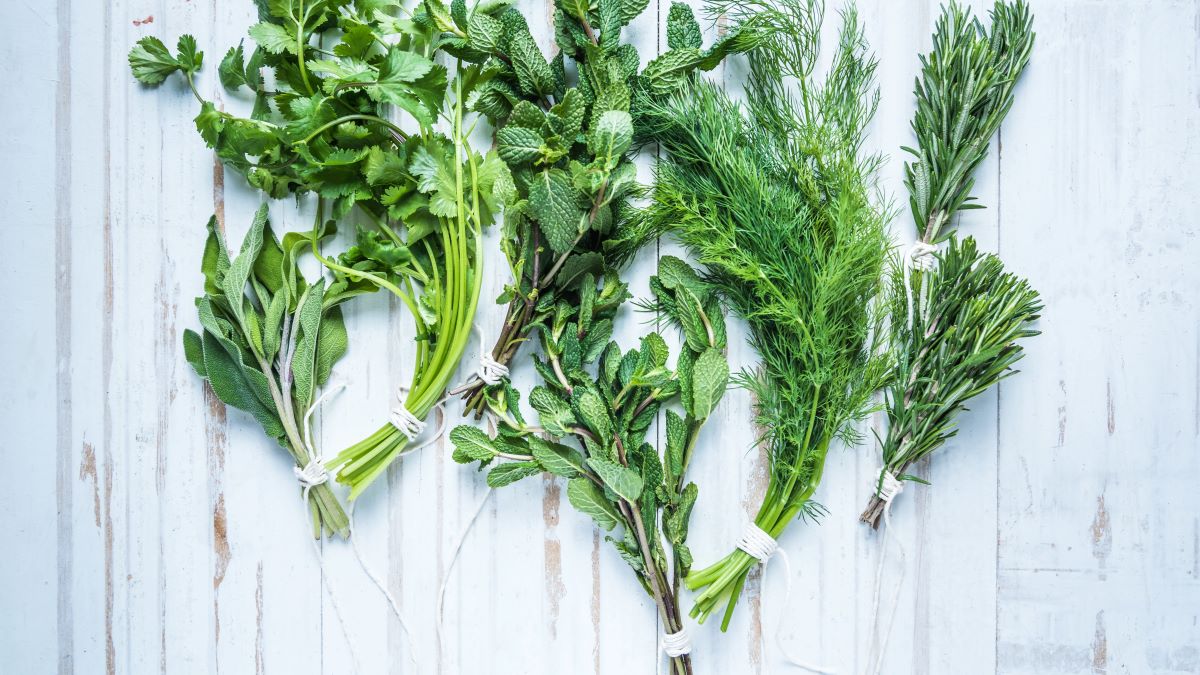
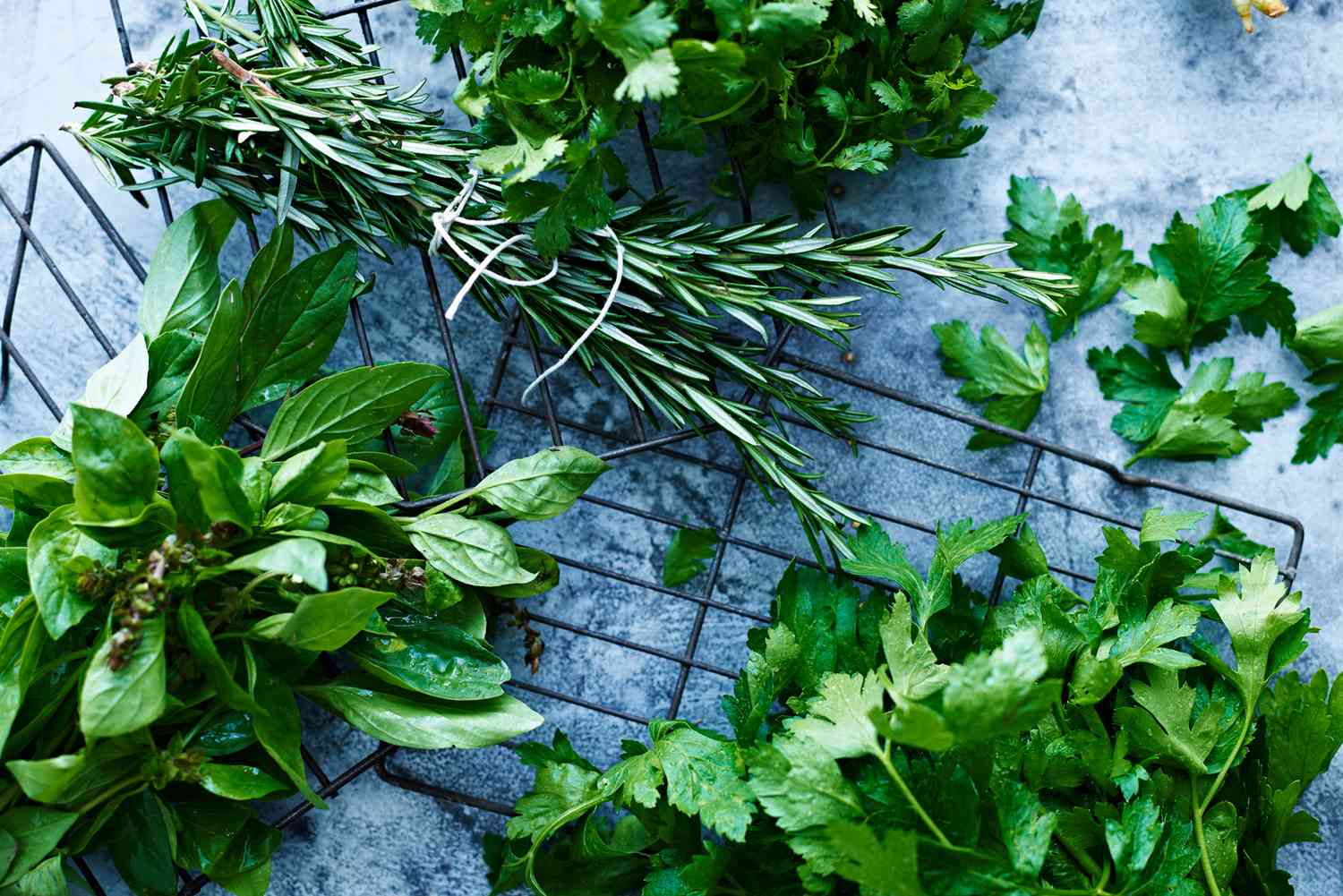
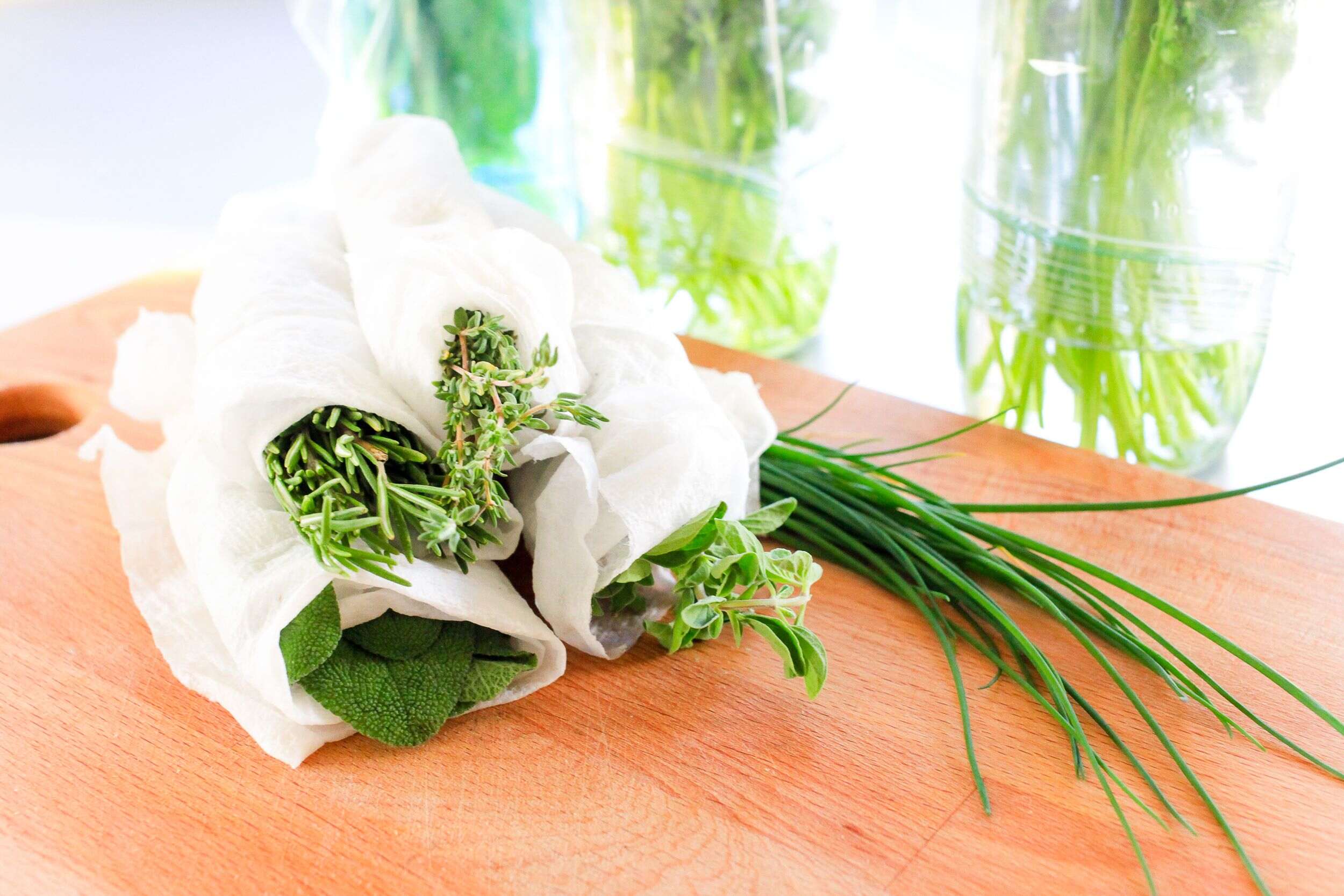
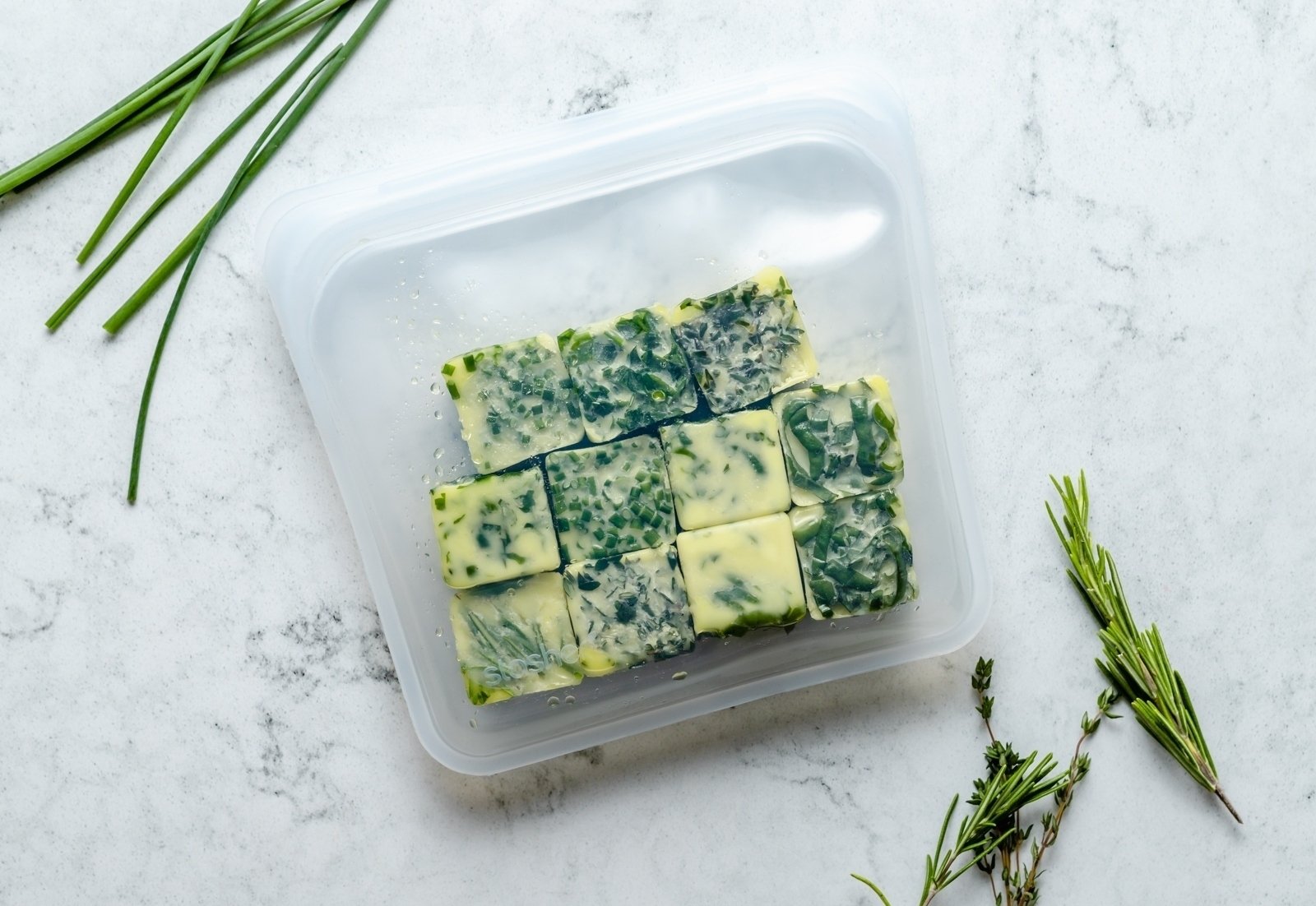
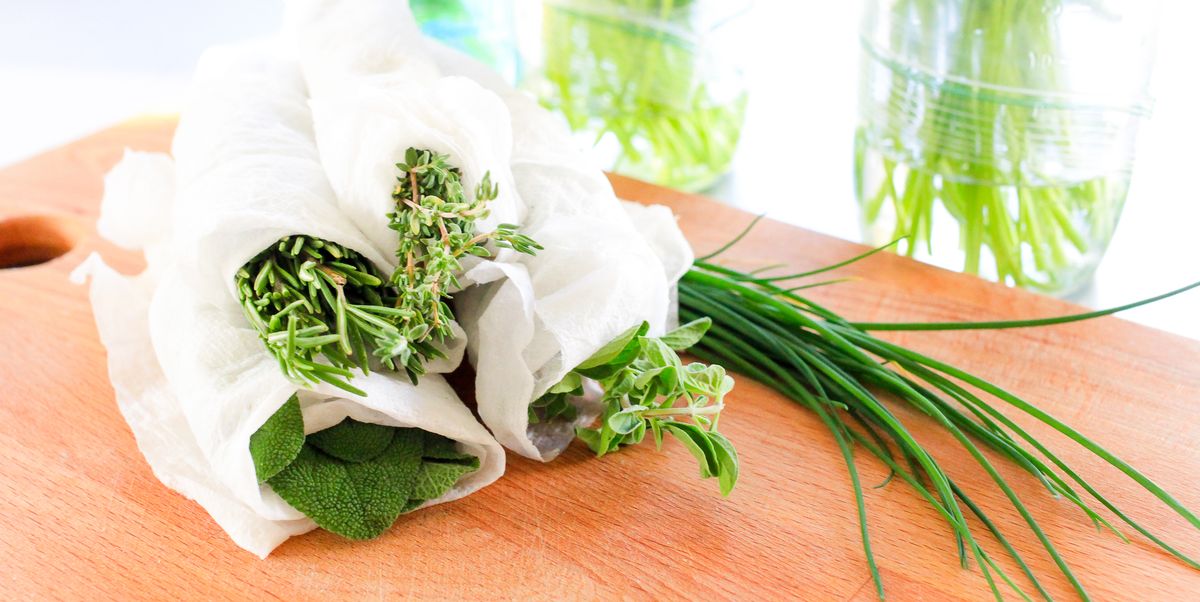
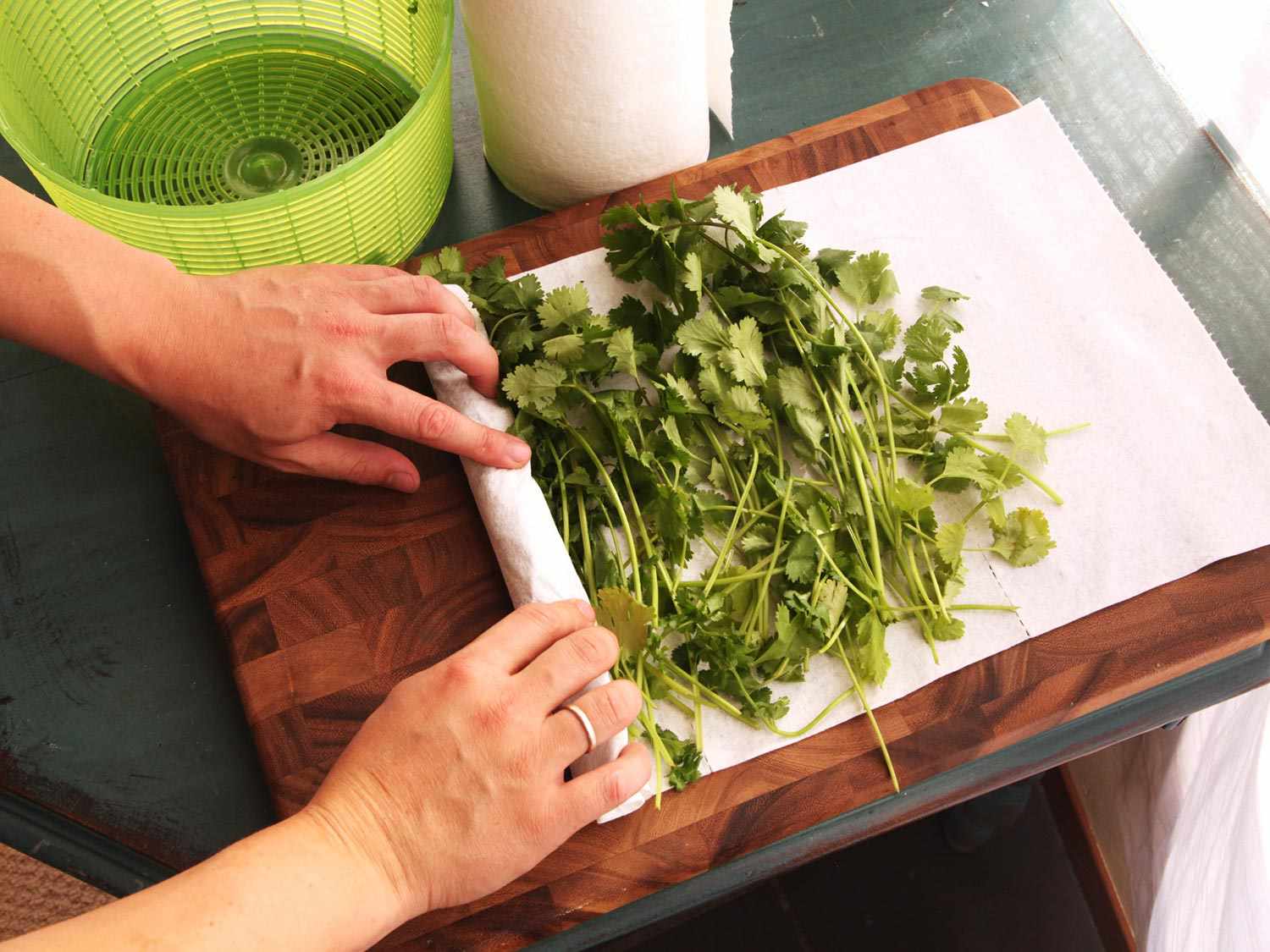
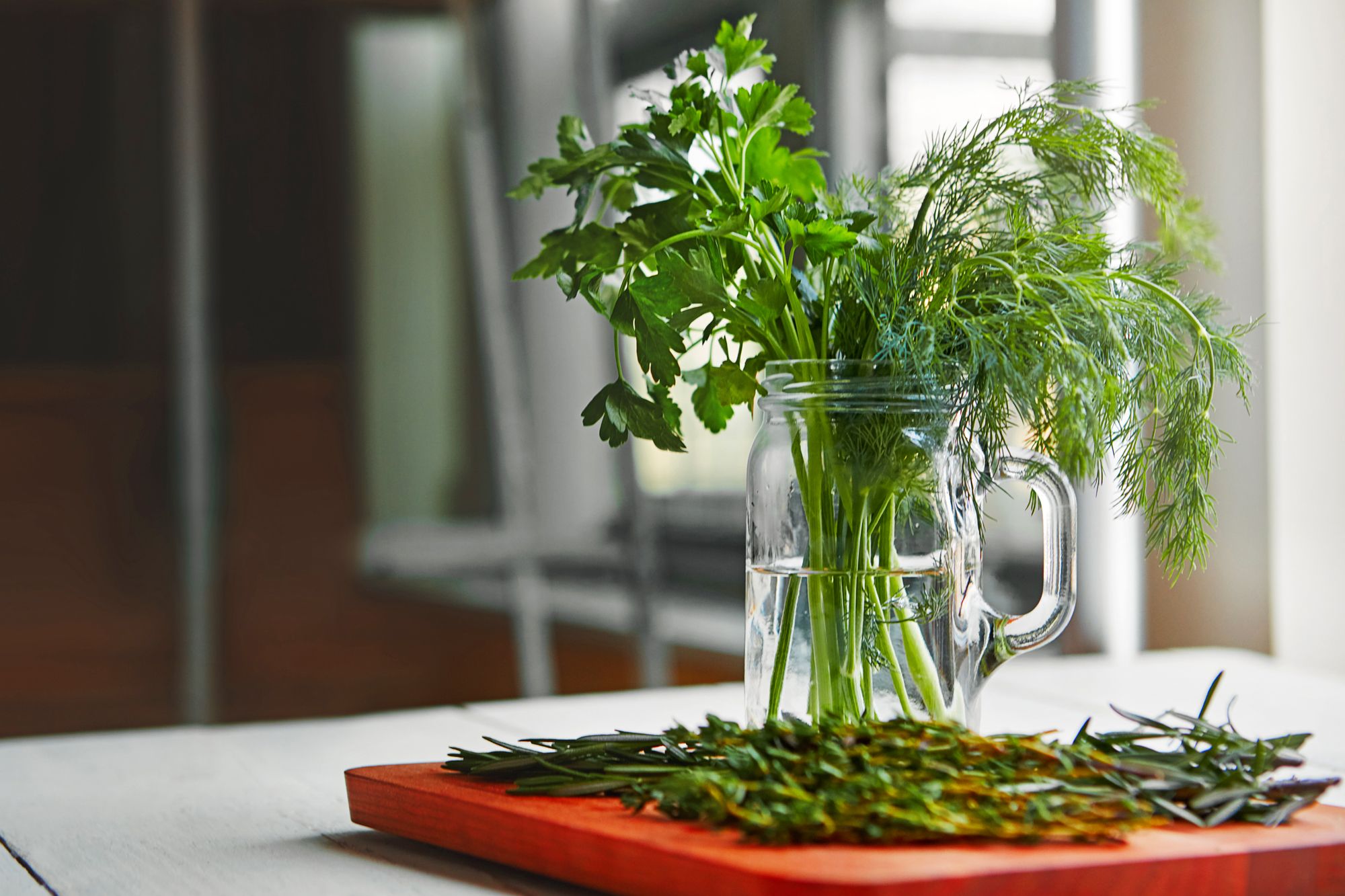

0 thoughts on “How To Store Dried Herbs”